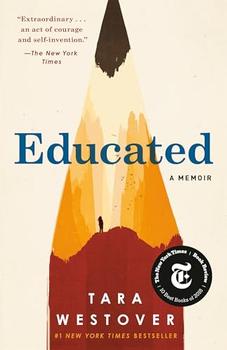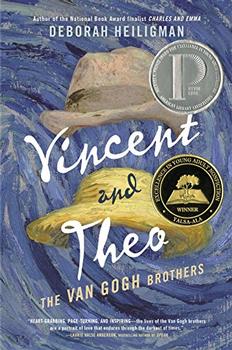Summary | Excerpt | Reading Guide | Reviews | Beyond the book | Read-Alikes | Genres & Themes | Author Bio

A Memoir
by Mira BartokThe Memory Palace is a breathtaking literary memoir about the complex meaning of love, truth, and the capacity for forgiveness among family.
"People have abandoned their loved ones for much less than you’ve been through," Mira Bartók is told at her mother’s memorial service. It is a poignant observation about the relationship between Mira, her sister, and their mentally ill mother. Before she was struck with schizophrenia at the age of nineteen, beautiful piano protégé Norma Herr had been the most vibrant personality in the room. She loved her daughters and did her best to raise them well, but as her mental state deteriorated, Norma spoke less about Chopin and more about Nazis and her fear that her daughters would be kidnapped, murdered, or raped.
When the girls left for college, the harassment escalated--Norma called them obsessively, appeared at their apartments or jobs, threatened to kill herself if they did not return home. After a traumatic encounter, Mira and her sister were left with no choice but to change their names and sever all contact with Norma in order to stay safe. But while Mira pursued her career as an artist--exploring the ancient romance of Florence, the eerie mysticism of northern Norway, and the raw desert of Israel--the haunting memories of her mother were never far away.
Then one day, Mira’s life changed forever after a debilitating car accident. As she struggled to recover from a traumatic brain injury, she was confronted with a need to recontextualize her life--she had to relearn how to paint, read, and interact with the outside world. In her search for a way back to her lost self, Mira reached out to the homeless shelter where she believed her mother was living and discovered that Norma was dying.
Mira and her sister traveled to Cleveland, where they shared an extraordinary reconciliation with their mother that none of them had thought possible. At the hospital, Mira discovered a set of keys that opened a storage unit Norma had been keeping for seventeen years. Filled with family photos, childhood toys, and ephemera from Norma’s life, the storage unit brought back a flood of previous memories that Mira had thought were lost to her forever.
The Memory Palace is a breathtaking literary memoir about the complex meaning of love, truth, and the capacity for forgiveness among family. Through stunning prose and original art created by the author in tandem with the text, The Memory Palace explores the connections between mother and daughter that cannot be broken no matter how much exists--or is lost--between them.
Bartók's descriptions are given great care and are told with poetry. She portrays the respite of her grandparents' backyard - the plum and pear trees, the birds and plants she loves so much - with the same detail as she describes the suffocating cigarette smoke, her grandfather's alcoholism and abuse, and the constant drone of fear in her life. Above all, what makes this book truly outstanding is Bartók's meditation on the role of memory and its relationship to human connection...continued
Full Review
 (748 words)
(748 words)
(Reviewed by Elena Spagnolie).
What is schizophrenia?
Schizophrenia is a brain disorder that distorts a person's sense of reality. It impedes a person's ability to regulate his or her emotions and often makes socializing, decision making and logical thinking very difficult. As set forth by the US National Library of Medicine, there are multiple kinds of schizophrenia: paranoid, disorganized, catatonic, undifferentiated, and residual (more info). Formerly referred to as dementia praecox (literally premature dementia), the term "schizophrenia" was coined in 1910 by the Swiss psychiatrist Eugen Bleuler and comes from the Greek roots: skhizein meaning "split" and phren meaning "heart, mind." According to the National Institute of Mental Health, schizophrenia ...

If you liked The Memory Palace, try these:

by Tara Westover
Published 2022
Winner of the 2018 BookBrowse Nonfiction Award
An unforgettable memoir about a young girl who, kept out of school, leaves her survivalist family and goes on to earn a PhD from Cambridge University.

by Deborah Heiligman
Published 2019
From the author of National Book Award finalist Charles and Emma comes an incredible story of brotherly love.